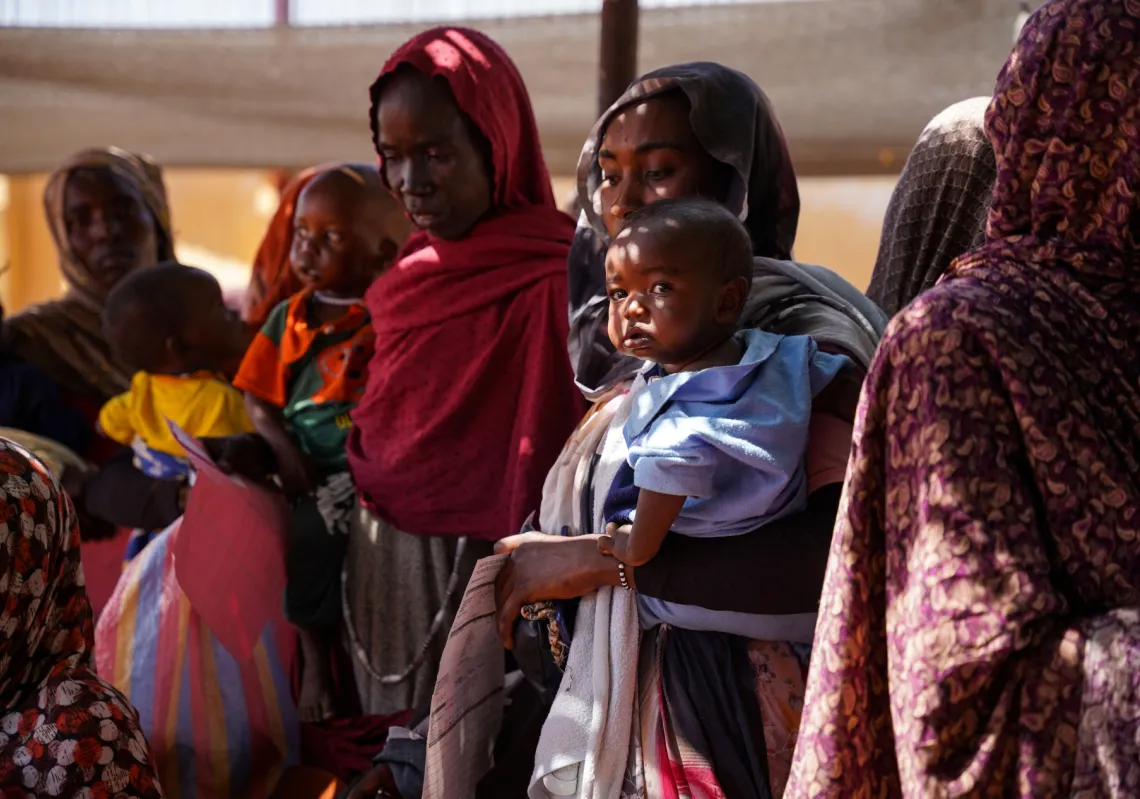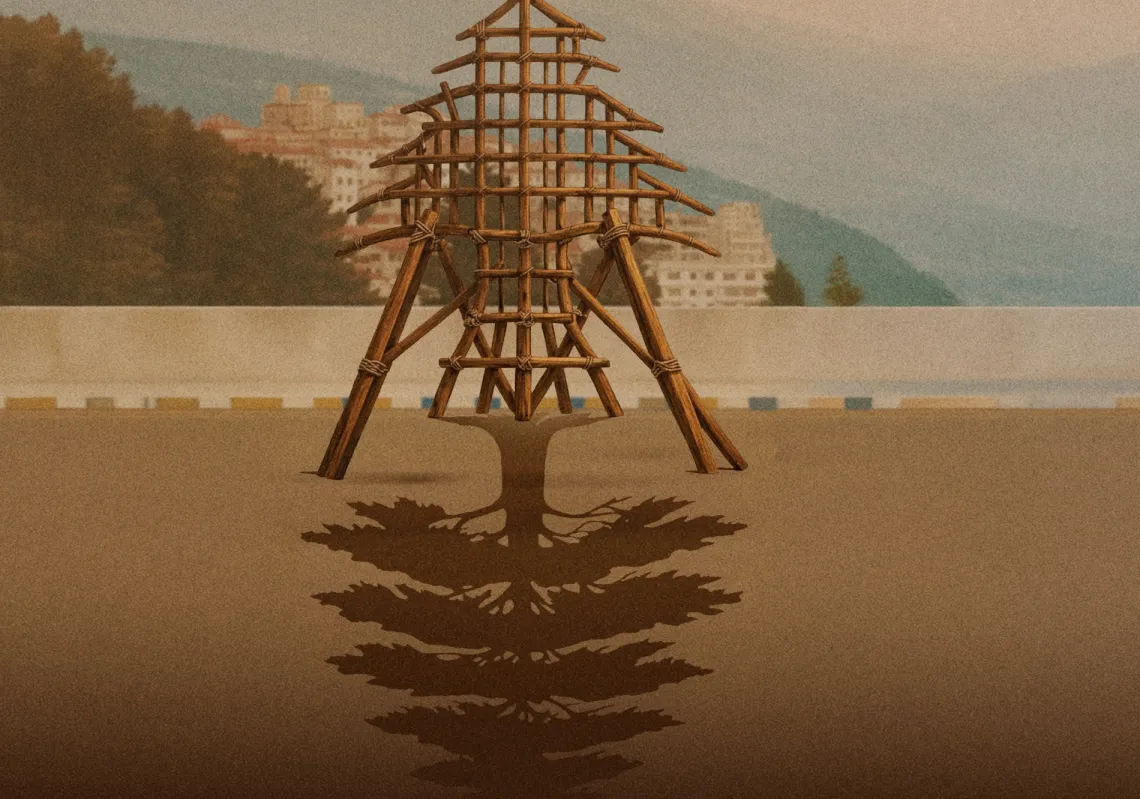 Abdel Moneim Aboul Fotouh. GETTY IMAGES [/caption]Egypt’s political scene today seems deeply polarized between supporters and opponents of the Muslim Brotherhood. Violent clashes are not a rare sight. In such a context, it is difficult for moderate, middle-ground parties to make themselves heard.
Abdel Moneim Aboul Fotouh. GETTY IMAGES [/caption]Egypt’s political scene today seems deeply polarized between supporters and opponents of the Muslim Brotherhood. Violent clashes are not a rare sight. In such a context, it is difficult for moderate, middle-ground parties to make themselves heard.
They call themselves civil Islamist parties, and with their centrist views on the economy and social justice issues and conservative views on personal status issues they should appeal to the vast majority of the Egyptian population. However, so far they have not succeeded in offering a viable third way. Even though many people are desperate for a consensus to provide stability for the country, the moderate Islamist camp has split. These members have either taken different sides or are out of sight—and this is happening even though the numbers of staunch Brotherhood supporters is dwindling, as demonstrated by their recent losses in both union and student elections.
President Mohamed Mursi hails from the Brotherhood. Although officially he has left the organization so as to better serve as a president for the whole nation, his adversaries say he still follows the orders of the organization. Politically, the Brotherhood has greatly disappointed. However, Egypt is still a predominantly Muslim country, and it is largely socially conservative, so Islamist parties should attract a fair share of the votes. If the people of Egypt do not want to vote for the Brotherhood, then the civil Islamist parties like the Wasat (Middle) Party or Masr Al-Qawia (Strong Egypt) could be a suitable alternative.
The Wasat Party
The Wasat Party seems to have chosen the side of power. They accepted the offer to take part in the National Dialogue with the presidency, which was boycotted by the opposition parties united in the National Salvation Front (NSF), who saw it as a masquerade. Now and then, the Wasat Party takes the Brotherhood stance, accusing opposition figures of trying to lead the country into chaos. However, their spokesman, Amr Farouq, stresses that they are not following the government blindly. One of their members, Mohamed Mahsoub, resigned last December in protest against government policies.
Farouq told The Majalla that his party wants a new government because the current one has proved itself incapable of dealing with many issues. The Wasat Party’s short-term agenda addresses “the government reshuffle, amendments to the Constitution and organizing the elections,” all steps that require the active involvement of opposition members according to Farouq. So far, the opposition has snubbed the National Dialogue, claiming the president does not listen to their suggestions about the Constitution. They plan to boycott the elections because they do not see any of the steps taken so far as having coming from a legitimate government.
But according to Farouq, the Egyptian people should now “respect the legitimacy of the president.” He adds that “we have to let the first elected president of Egypt complete his mandate. But we also must give all the parties a role in establishing the new institutions.” The Wasat Party is currently preparing for the elections, which have yet to be scheduled; they have more than 50,000 members and offices in all the governorates. They secured ten seats in the last elections, and now hope to capitalize on the waning popularity of the Brotherhood’s Freedom and Justice Party (FJP).
Indeed, the Wasat Party’s ideology is very close to that of the FJP. The Wasat Party was established in 1996 as a breakaway group from the Brotherhood. At the time, the organization did not want to create a party, but its members wanted a way to separate preaching and politics. The Wasat Party remained an unrecognized party in the opposition against Mubarak until after the revolution, when it was finally granted legal status.
One difference they had with the Brotherhood in the 1990s was that Wasat’s founders were ready to accept a Coptic or female president. Coptic Christians make up about ten percent of the country’s population of 83 million. Today, a few members from the FJP propagate the same idea of citizenship, but not all of them do. Economically, the Wasat Party is also Center-Left, as it asks the state to give more of its powers to civil society, including religious organizations, through the zakat (charity), for example.
The Wasat Party and the Brotherhood seem to have similar issues with their youth. Recently, one of the Wasat Party’s youth members spoke against his party’s call to respect the president’s legitimacy. During the presidential elections campaign last spring, a number of youth left the party because they were unhappy with its initial support for Selim El-Awwa, a widely respected Islamist thinker. His thoughts have deeply influenced the ideology of the Wasat Party, but his political stances are too close to that of the military council (SCAF), who left many disappointed during their rule in the transitional period. Amr Farouq says that roughly sixty-five percent of his party’s members are under the age of thirty-five.
Masr Al-Qawia
Masr Al-Qawia, which was created by former presidential candidate Abdel Moneim Aboul Fotouh (who left the Brotherhood in 2011), clearly stands with the revolutionary side. It has not joined the NSF, because, as spokesman Mohamed Othman told The Majalla, “Some members of the NSF were with the Mubarak regime and with the SCAF. We want a complete change, not a Mubarak regime with a new look.” This is also the basis he gives for the disagreement between the parties over Selim El-Awwa, who supported the repression of demonstrations, and with another famous Islamist preacher, Amr Khaled, who used to gather such big crowds under Mubarak that he was eventually hunted down and exiled. Khaled has recently created a small party, Masr Al-Mostaqbal. According to spokespeople for both the Wasat party and Masr Al-Qawia, Khaled has become close to many former regime figures, who have told him the time “is not yet ripe.” Khaled has so far been quiet on the political scene.
Economically, Masr Al-Qawia is rather Centre-Left. A famous socialist, Rabab El-Mahdi, took part in Aboul Fotouh’s presidential campaign. “We want to translate slogans into economic realities,” Othman says. “We are closer to the [Nasserist] People’s Current than to Right-wing parties.” According to Othman, as far as ideologies are concerned, there is indeed a huge similarity between the Wasat Party and FJP. But these two parties are with the ruling power, whereas Masr Al-Qawia is an opposition party: “The difference is political,” he says. Ever since the Constitution was rushed through and last year’s decree on presidential powers was made, Masr Al-Qawia has been vocal about its opposition to FJP and to the president.
Strangely, Aboul Fotouh was thought to be the candidate that the Brotherhood would choose before it actually presented its own. He gathered much hope around him last year, with many political tendencies converging in his campaign. People hoped he would implement revolutionary demands without scaring away the conservative audience.
His score was disappointing; he came fourth, after a former Mubarak prime minister (Shafiq), the Brotherhood candidate (Morsi), and a Nasserist (Hamdeen Sabahi). Now, many revolutionaries criticize his stance as too moderate and too ‘in-between.’ Some say he sides too much with the Brotherhood politically; others that he is too busy opposing the government to propose other options, a common flaw in the opposition groups.
Everything in Moderation
All the moderate Islamist parties share the ideology of the Muslim idea of moderation and balance. They want to find the perfect balance between establishing a civil society, not a militantly religious one, and protecting the Arab and Muslim identity of Egypt, as the Constitution provides in Article 2 regarding personal status laws. But, as Mohamed Othman puts it, “It does not suffice to say, ‘Islam is the solution.’ We need practical answers, and none of us have the same ones.”
Research for this article was conducted with the help of Clément Steuer, author of Le Wasat sous Moubarak---L'émergence contrariée d'un groupe d'entrepreneurs politiques en Egypte.








